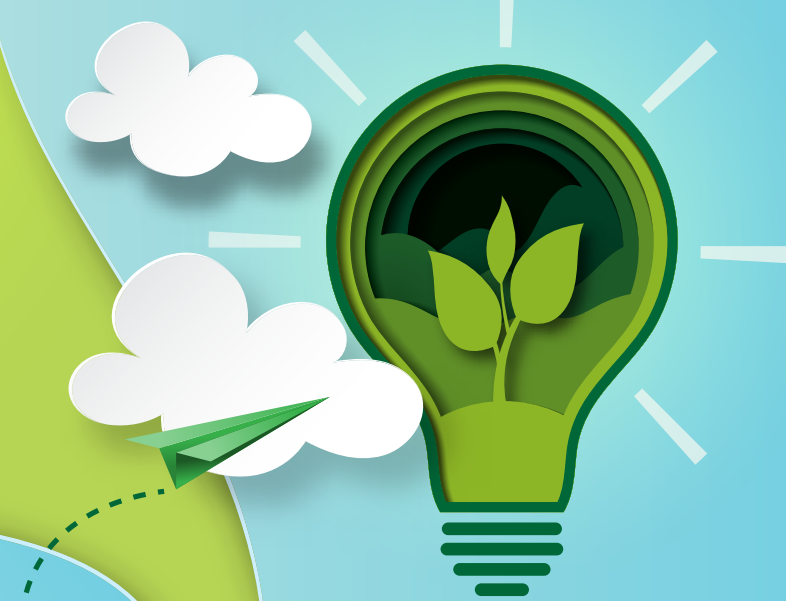Our shared responsibility can help the world accelerate toward sustainable water use

Water is a shared resource, with diverse actors and multiple stakeholders involved in its ownership, use and management. As such, the responsibility to take care of water resources and ensure sustainable water use is also shared and requires that all involved parties be committed to the shared vision under Sustainable Development Goal (SDG) 6: Clean Water and Sanitation for All.
If we are not keen and deliberate, this shared responsibility can be a curse to the journey toward achieving the set goals. The operations are similar to working as a team toward one direction or goal. Like in a team, therefore, every member has to put in the effort and contribute toward the set goals. You never want to be part of a team that has difficult people in it, right? Yeah, it can be pretty frustrating.
On the flip side, being part of a great team is both fulfilling and exciting. The team members know the goal, openly communicate about progress, support each other to fulfill tasks, resolve conflicts amicably, and are mutually accountable to each other.
Such effective teams create synergy and have been known to be more successful. Their coordination helps such teams to responsibly delegate and use resources effectively. Studies and practice have proved that synergy enables teams to achieve more, in a shorter span of time. Aristotle summarized the idea by saying, “The whole is greater than the sum of its parts”.
This philosophy on synergy holds true for all projects and goals be it in individual organisations, business industries, community activities, or global initiatives. Synergy is our way to leading fulfilled sustainable lives and we should promote it in dealing with the water and sanitation crisis around the world.
In 2015, the world committed to SDG 6 as part of the 2030 Agenda – with the promise to promote the safe management of water and sanitation by 2030. Eight years down the line, however, billions of people around the world still lack access to clean water and sanitation.
The slow progress on SDG 6 has led to multiple challenges such as poor health, hunger and famine, water-related conflicts, and further inequalities in society.
In Kenya, for example, growing water demand coupled with acute water scarcity presents a notable challenge. About 28 million Kenyans lack access to safe water (41%) and 41 million lack access to improved sanitation (according to Water.org). The frustrating situation has been exacerbated by climate change, population growth, urbanisation, water pollution, and poor management of water resources affecting economic activities, food security, education, and health.
These challenges are especially prevalent in rural areas, arid and semi-arid lands, and urban informal settlements, where people are often unable to connect to piped water infrastructure.
This decade of action is our opportunity to accelerate change by working collaboratively through learning and sharing our expertise and go beyond ‘business as usual’ by changing our view and use of water.
UN World Water estimates that governments have to work on average four times faster to meet SDG 6 on time. They, however, caution that this is not a situation that governments can solve on their own. We must all step in and contribute.
Like the hummingbird that carried water in its beak to extinguish the wildfire in the forest, our efforts count in fighting the ongoing water crisis. We need to keep in mind that synergy will amplify impact and we’ll sure be proud to be part of creating the solution.
To contribute as an individual, consider the following list of actions that you can adopt:
- Save water: Take shorter showers and don’t let the tap run when brushing your teeth, doing dishes, or preparing food.
- Stop polluting: Don’t put food waste, oils, medicines and chemicals down the toilet or drains.
- Protect nature: Plant a tree and prevent the cutting down of trees.
- Reuse water: Use grey water from household activities for gardening purposes.
- Turn off sleeping tech: Currently, 90% of power generation is water intensive. Turning off our devices when we’re not using them means less energy needs to be produced.
- Speak up: Discuss water and its importance in order to create awareness and motivate change.
Start today and let’s create a synergy that will turn the situation around. We can accelerate change, together.
Remember, don’t be the difficult member of the team.

